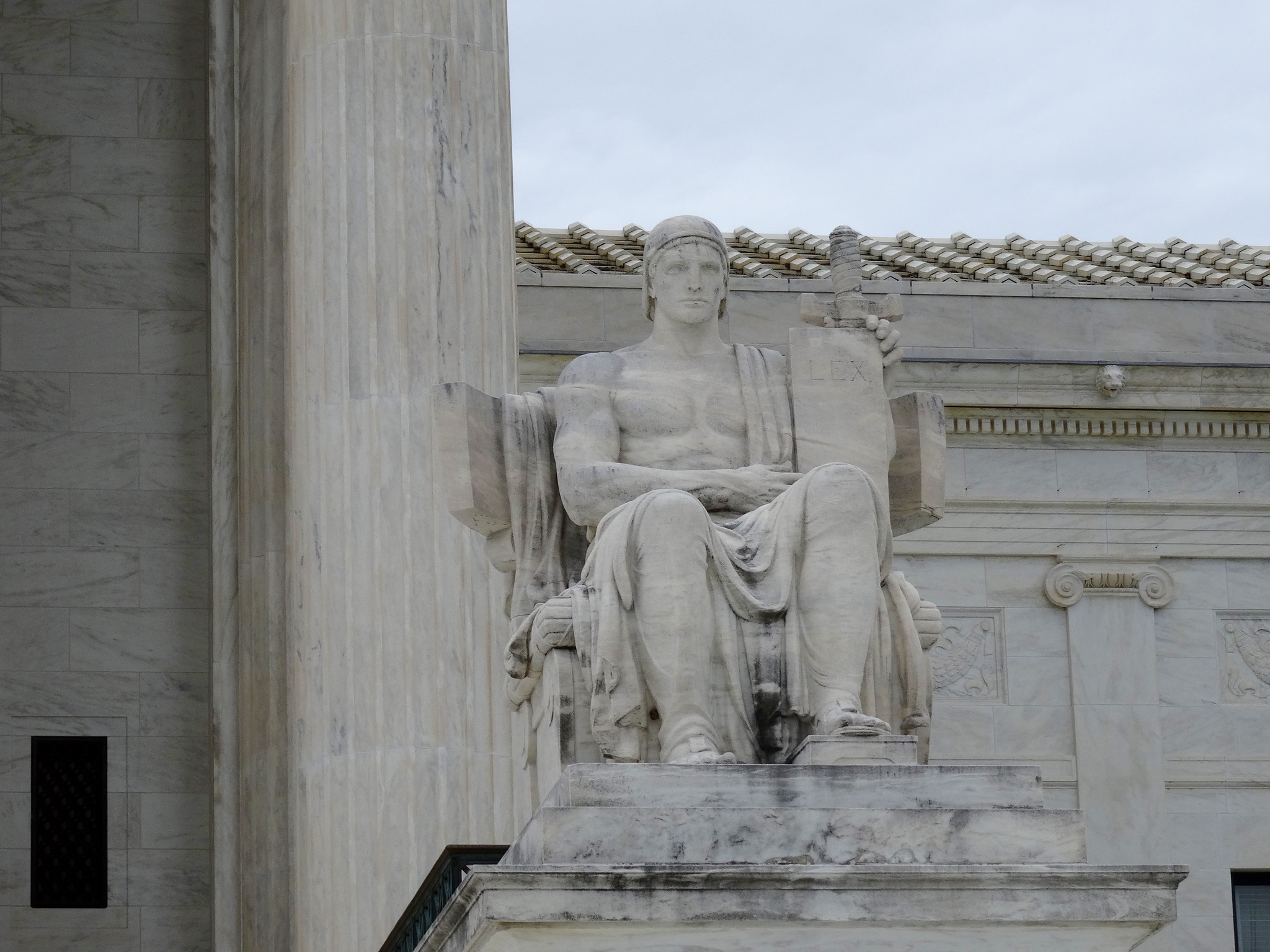- Joined
- Apr 27, 2023
- Messages
- 403
- Reaction score
- 493
- Gender
- Male
- Political Leaning
- Libertarian - Right

Double jeopardy clause bars Georgia from retrying man acquitted by reason of insanity - SCOTUSblog
So what would you expect if a state supreme court wrote an opinion directly inconsistent with “perhaps the most fundamental rule” of the Supreme Court’s jurisprudence in the area, an opinion that would get a failing grade in any law school course on criminal law? Well, your first guess would be that
 www.scotusblog.com
www.scotusblog.com
Link to the unanimous Opinion of the Court by Justice Jackson, with a brief concurrence by Justice Alito, I would note that Alito concurred fully with the main Opinion.
Obviously the correct ruling.
The jury found the defendant/Petitioner McElrath not guilty by reason of insanity of malice murder. However, they simultaneously found him guilty by mentally ill on the felony murder and aggravated assault charges. On appeal the Georgia Supreme Court vacated all three verdicts as repugnant and ordered a retrial on all charges. Obviously, an individual cannot be both insane and sane in the commission of the same act.
The defendant/Petitioner McElrath appealed to the United States Supreme Court that the overturning of the not guilty by reason of insanity verdict on malice murder constituted double jeopardy. The Supreme Court ultimately agreed.
Obviously the correct decision, but there is still unfinished business on remand.
A necessary factual finding in a not guilty by reason of insanity verdict is that the defendant was, indeed, insane at the time of the commission of offense. As this is a determined fact, the Supreme Court of the State of Georgia should dismiss the felony murder and aggravated assault charges with prejudice, as being collaterally estopped because of the existing factual determination of the defendant's insanity.
The defendant should be committed for the mental care he so desperately needs. It is ultimately the fault of the State of Georgia's mental health system for letting him loose in the first place, knowing he constituted a danger to the public due to his severe mental illness.
